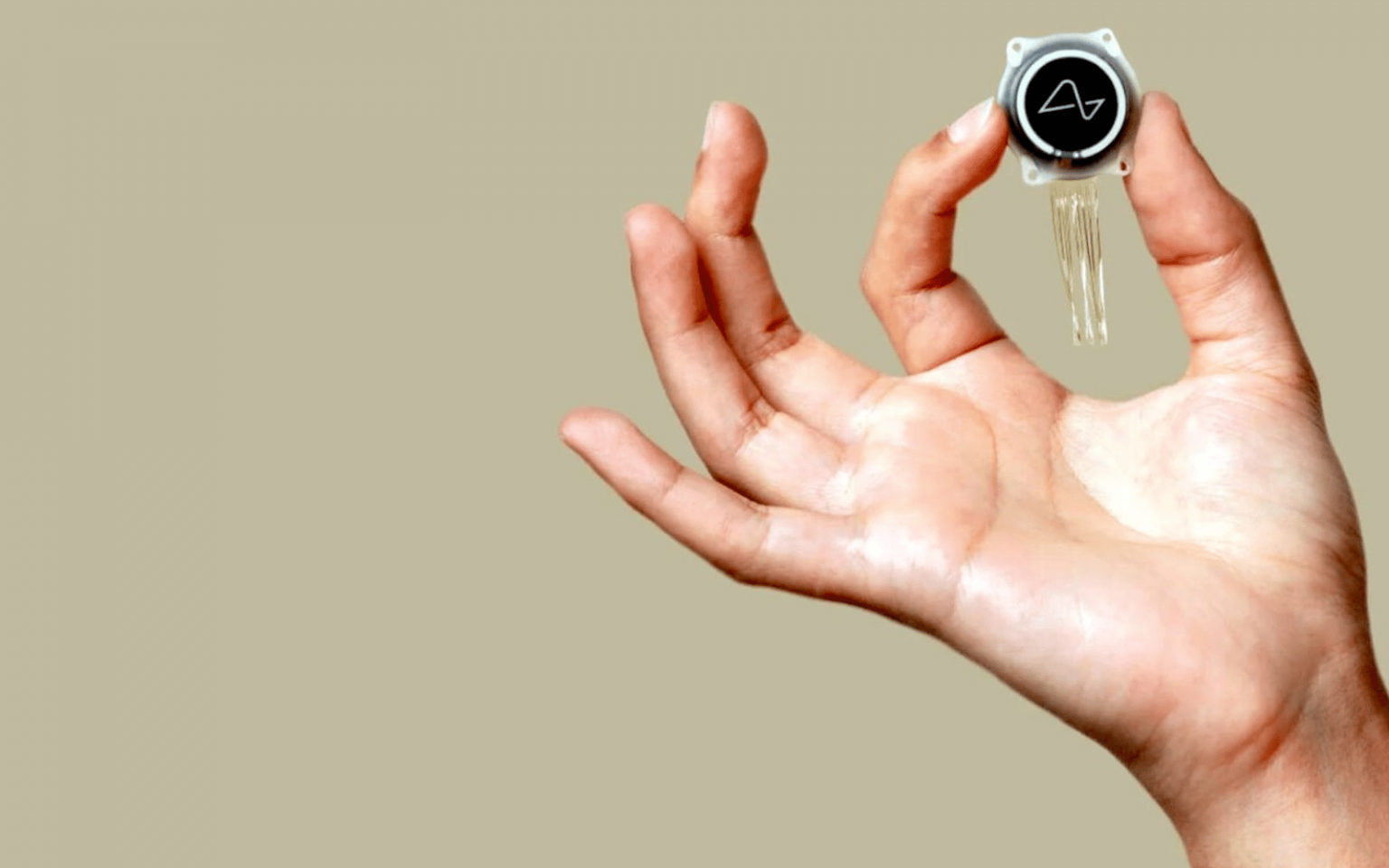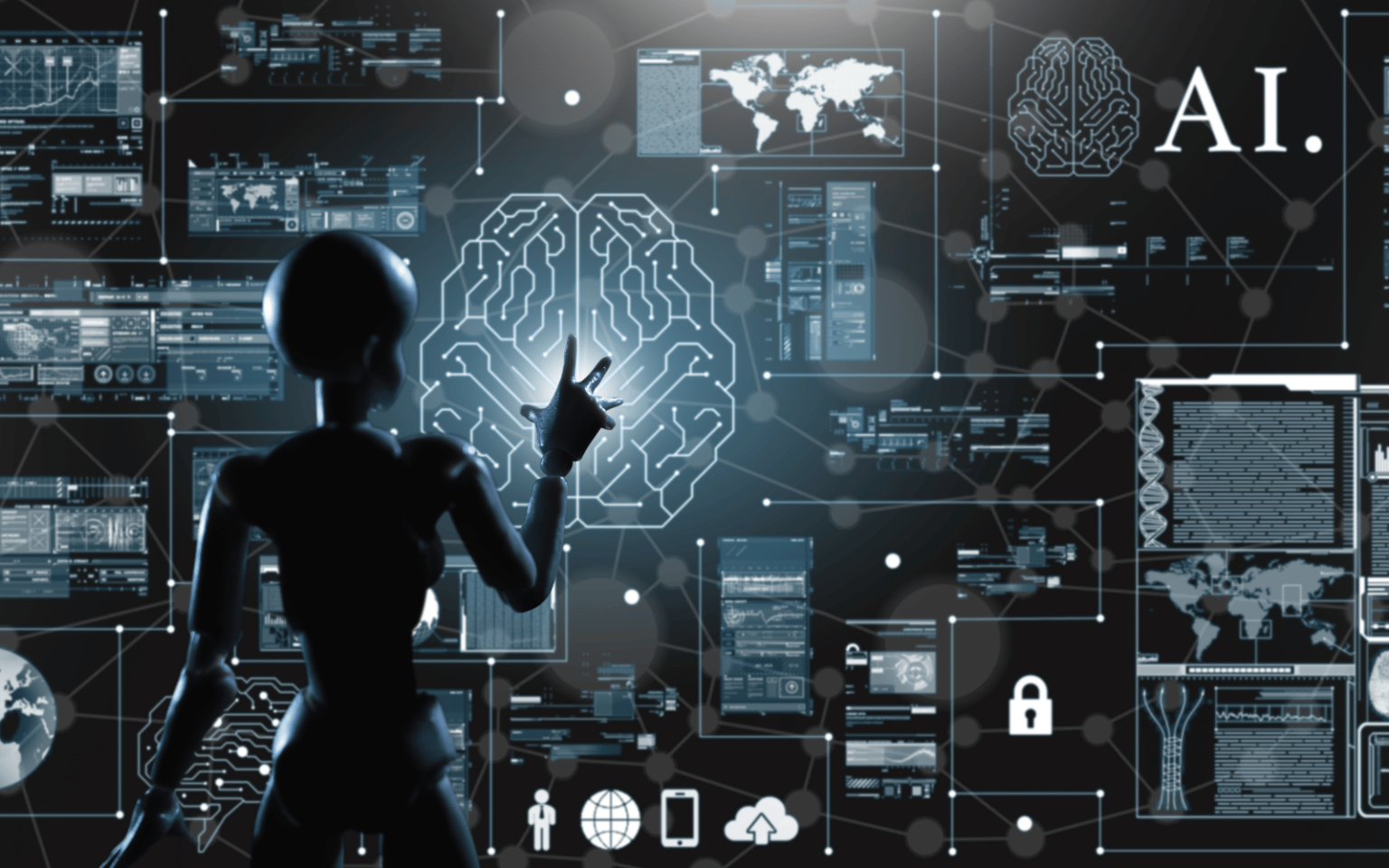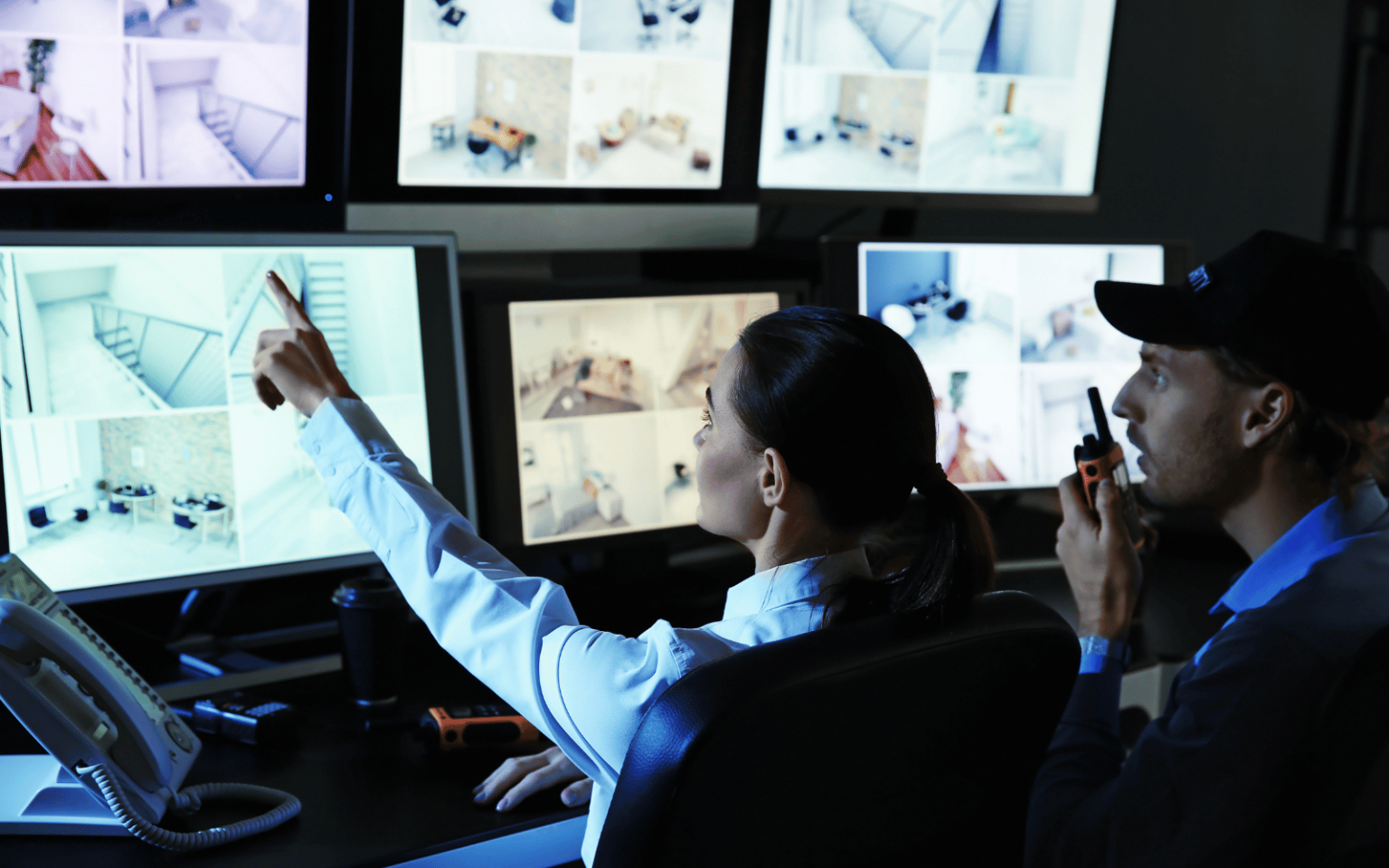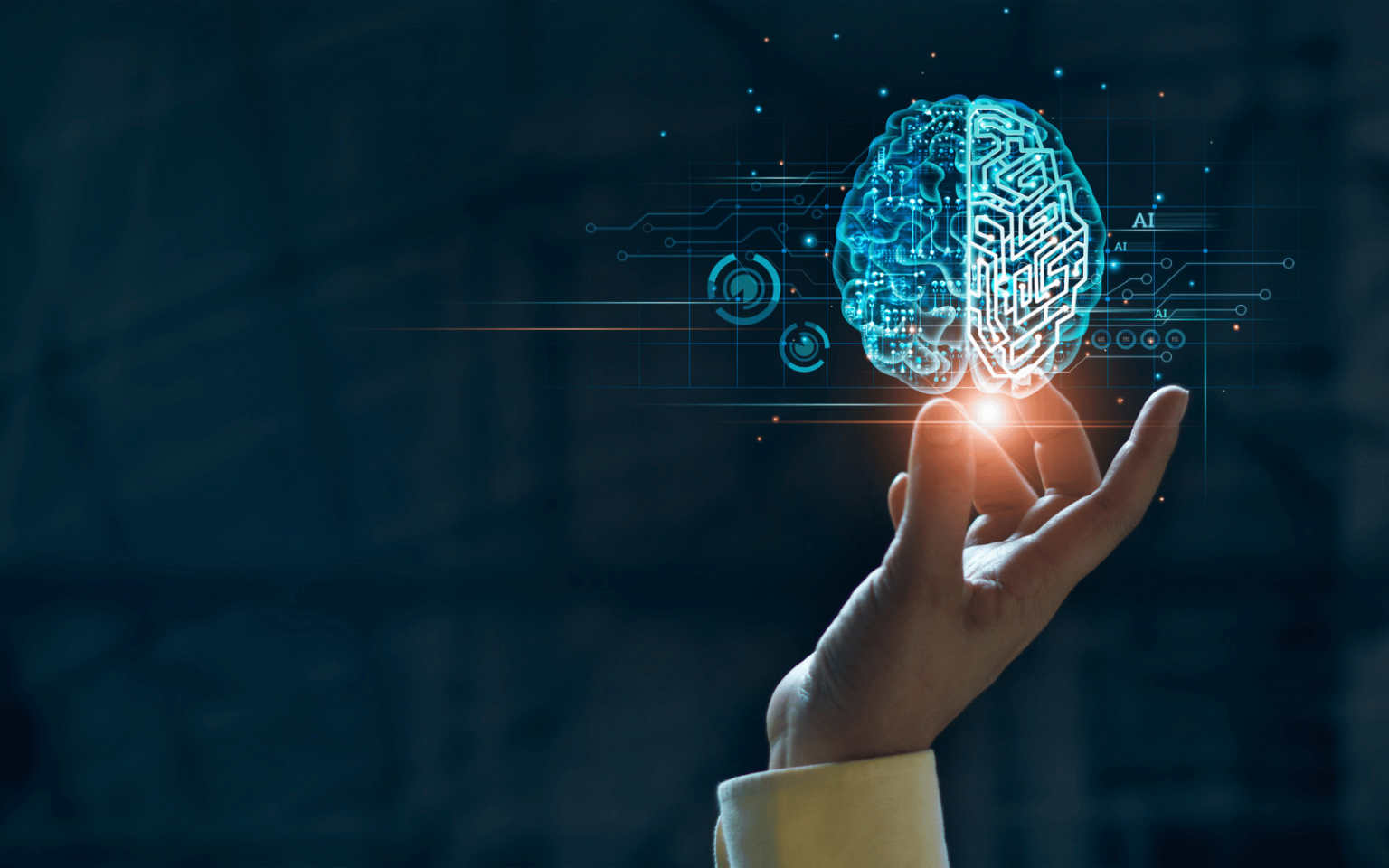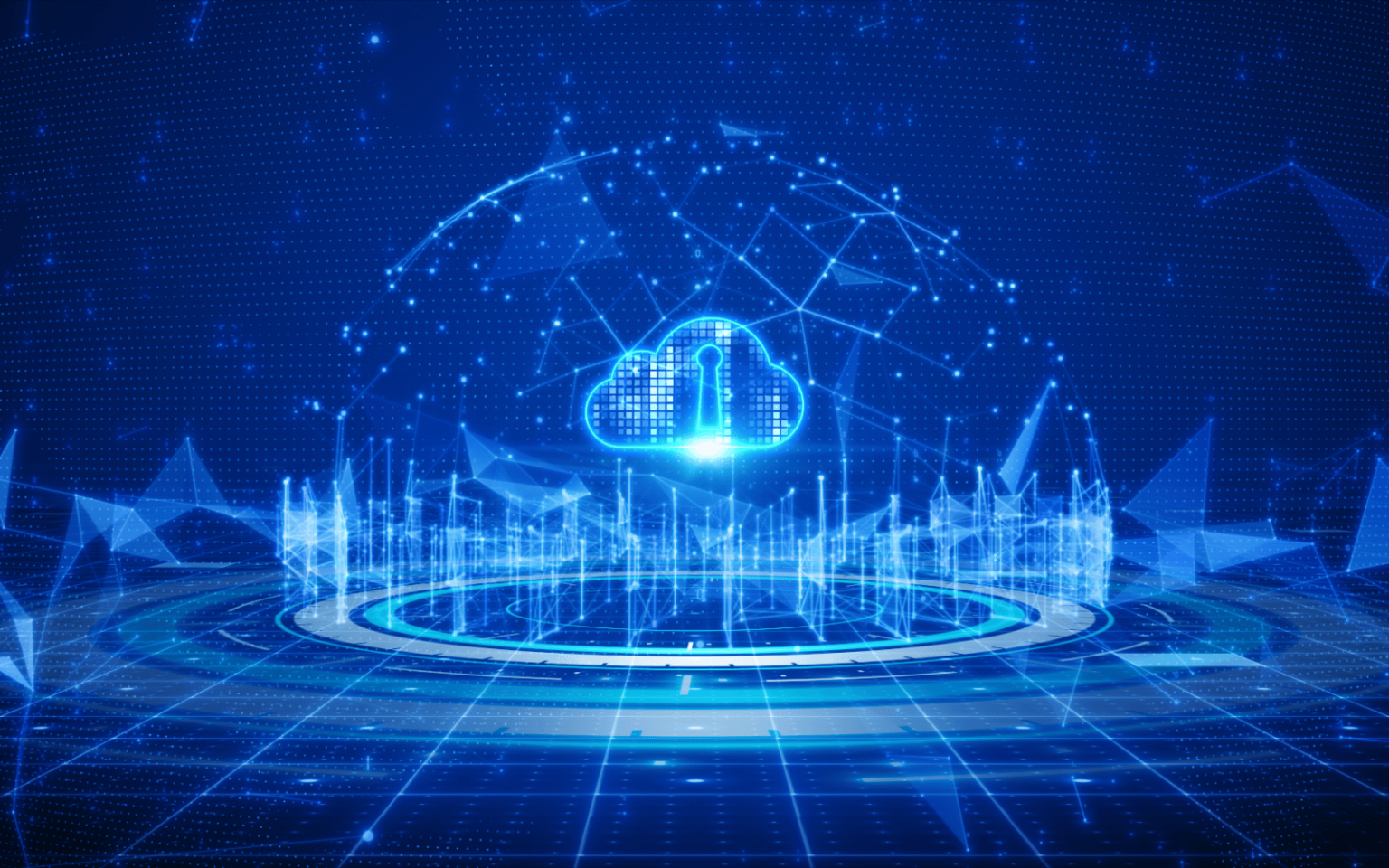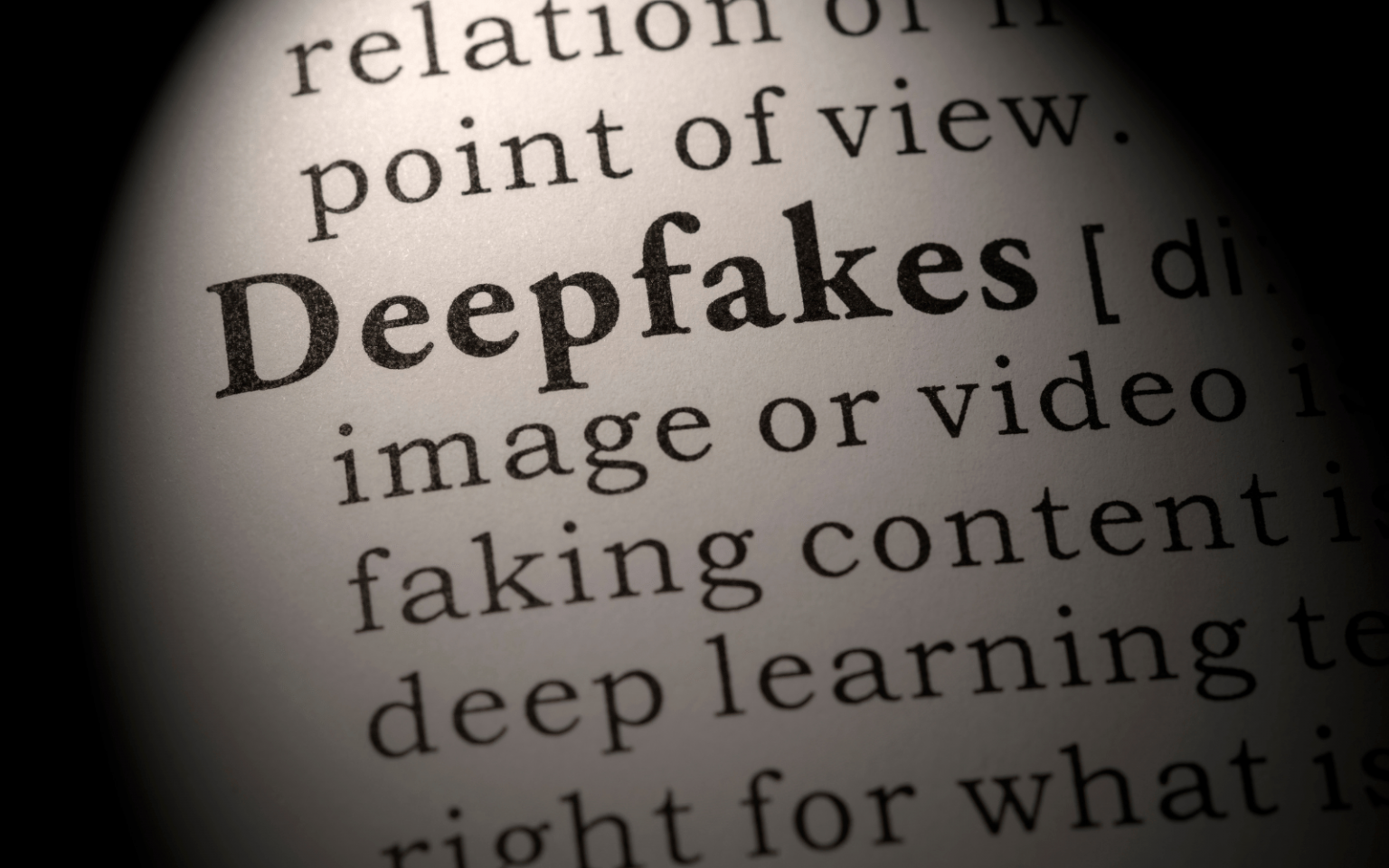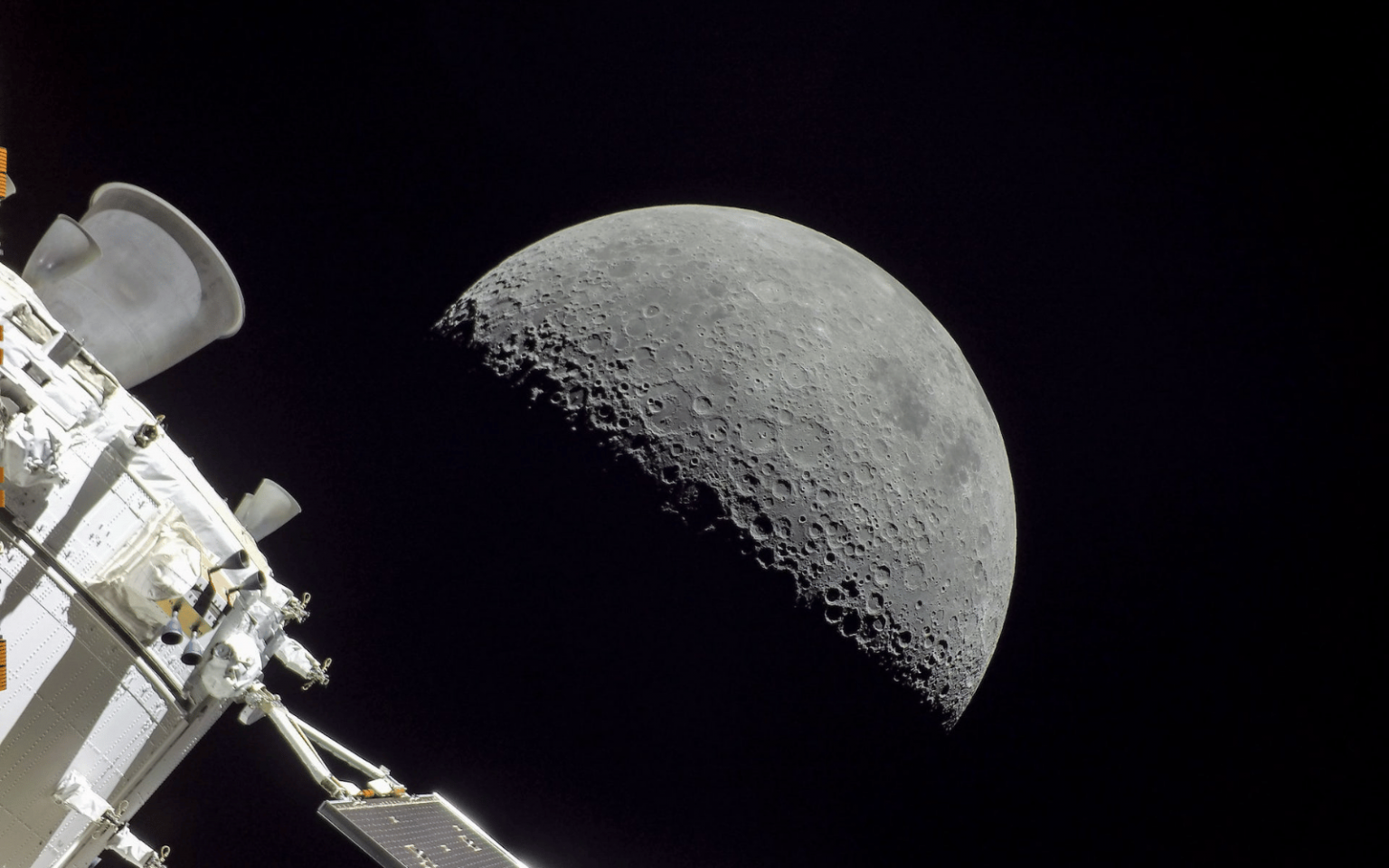The first human has received a Neuralink brain chip implant, according to co-founder Elon Musk. The neurotechnology company has started its first human trial since receiving approval from the U.S. Food and Drug Administration in 2023. The trial’s focus is on an implant that could potentially allow people with severe physical disabilities to control digital devices using their thoughts. The study involves implanting a brain chip — called a brain-computer interface implant — in the region of the brain that controls movement intention. Musk has said the patient who received the implant — fittingly named Telepathy — is “recovering well” and that “initial results show promising neuron spike…
Author: The Conversation
Humans have always looked at the sky, using the stars as navigation guides or for spiritual storytelling. Every human civilization has looked to the stars and used celestial movements to measure time and find meaning. This insatiable thirst for knowledge combined with technological advancements have made it possible for us to dream of travelling in space. These dreams became more and more real after the Second World War, the Industrial Revolution, the Cold War and the large-scale exploitation of the Earth’s resources. Dreams of space travel started small with the launch of Sputnik-1 by the Soviet Union, and escalated with the U.S.…
Every minute, millions of social media posts, photos and videos flood the internet. On average, Facebook users share 694,000 stories, X (formerly Twitter) users post 360,000 posts, Snapchat users send 2.7 million snaps and YouTube users upload more than 500 hours of video. This vast ocean of online material needs to be constantly monitored for harmful or illegal content, like promoting terrorism and violence. The sheer volume of content means that it’s not possible for people to inspect and check all of it manually, which is why automated tools, including artificial intelligence (AI), are essential. But such tools also have their…
In early 2021, the South African Constitutional Court found that the country’s State Security Agency, through its signals intelligence agency, the National Communication Centre, was conducting bulk interception of electronic signals unlawfully. Bulk interception involves the surveillance of electronic signals, including communication signals and internet traffic, on a very large scale, and often on an untargeted basis. If intelligence agents misuse this capability, it can have a massive, negative impact on the privacy of innocent people. The court found that there was no law authorising the practice of bulk surveillance and limiting its potential abuse. It ordered that the agency cease such surveillance until there was. In November…
Science and faith are often kept in two distinct boxes that hardly ever intersect. However, I believe that as AI becomes more mainstream, it will fundamentally alter our engagement with faith and spirituality. Let’s start by looking at what is already happening. Most ancient faith-related texts were documented in papyrus and palm leaves, many of which are difficult to access in the modern world due to two challenges. First, a lot of those ancient texts that are still available are in fragments, some of which could crumble at any time. Second, for texts that have been digitised already, the language…
Measuring the number of steps you take every day; tracking your heart rate, your pace or average ascent while jogging; memorizing the total distance you cycle over the course of a year and sharing it with an online community. These practices have become commonplace in the world of sport, even for amateurs. This digitization of physical activity is unfolding against the backdrop of a global proliferation of self-quantification tools used to measure productivity at work, track calorie intake, blood sugar levels and weight, monitor sleep regulation and more. The market for these tools in sports activities, alone, is both lucrative and competitive. As Finnish researchers Pekka Mertala…
If you have grown up with social media, chances are you have taken more photos in the last couple of decades than you will ever remember. When mobile phones suddenly became cameras too, social media turned into a community photo album, with memories kept online forever and ever. Or so we thought. In 2019, MySpace lost 12 years’ worth of music and photos, affecting over 14 million artists and 50 million tracks. If Instagram or the entire internet suddenly disappeared, would you be able to access your precious memories? We are living in a “digital dark age”, a term popularised by information…
The World Economic Forum’s Global Risks Report 2024 has issued a stark warning: misinformation and disinformation, primarily driven by deepfakes, are ranked as the most severe global short-term risks the world faces in the next two years. In October 2023, the Innovation council of Québec shared the same realization after months of consultations with experts and the public. This digital deception, which leverages artificial intelligence and, more recently generative AI, to create hyper-realistic fabrications, extends beyond being a technological marvel; it poses a profound societal threat. In response to the gap in effectively combating deepfakes with technology and legislation alone, a research project led by my team and I sheds…
After hours of routine operations, an air traffic controller gets a radio call from a small aircraft whose cockpit indicators can’t confirm that the plane’s landing gear is extended for landing. The controller arranges for the pilot to fly low by the tower so the controller can visually check the plane’s landing gear. All appears well. “It looks like your gear is down,” the controller tells the pilot. The controller calls for the airport fire trucks to be ready just in case, and the aircraft circles back to land safely. Scenarios like this play out regularly. In the air traffic…
A 2019 Time magazine cover portrayed four astronauts running towards the Moon. Pictured alongside the headline “The Next Space Race”, one of the astronauts carried an American flag, one carried a Chinese flag and the other two belonged to space companies owned by billionaires: Elon Musk’s SpaceX and Jeff Bezos’ Blue Origin. Until recently, it seemed as if the US and SpaceX were set to win this race to return to the Moon with NASA’s Artemis programme. But a number of setbacks have called that into question. And Blue Origin, China and other countries and companies are continuing their own lunar efforts.…

